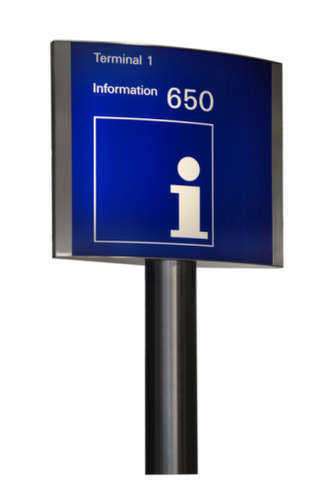Public Storage
Public storage facilities have become a necessity for those who need a place for short term storage of items in transit during a move or for long term items when the person cannot fit the items at their own home. While public storage can be very useful, you must be cautious as you can lose your items if you do not follow the contract of the storage facility.
Public storage laws have been enacted to ensure that both people who store items and the storage companies are protected when a storage contract goes wrong.
The following are some of the protections in place for individuals who are storing their items:

1. A tenant of a public storage facility who does not pay often faces a taking of their property and a public auction. While the rules for how long a tenant must be deficient is different according to each state's lien laws, in all states the person is allowed to satisfy their debt up until the moment of the auction.
2. Tenants must be notified by certified mail of their deficient bills. A storage facility cannot hold an auction until complete notice is given to the owner of the storage unit. The amount of notice required varies by state.
3. Tenants of public storage facilities have the right of protection against damage and theft of their items. While many storage facilities require a waiver to be signed, the effects of these waivers vary from state to state. Some states allow recovery for items damaged or stolen from the company, as they are responsible for reasonably safeguarding the property on their premises.
Public storage facilities also have legal protections from the actions of tenants:
1. A public storage facility is allowed to seize and auction storage areas for non-payment of rent and fees. This differs from each state, but usually the range is from 2 months of non-payment to 6 months.
2. Public storage companies can take the profits from the auction to recover the loss rental income, plus fees and expenses. However, if any amount is left over after covering all of these expenses, the remaining amount must be returned to the original owner of the unit.
Public auctions are held at storage facilities after notices are given in public newspapers and advertisements according to state laws. Those who bid on these auctions must sign waivers understanding the risks involved in bidding on these units.
When an auction occurs, the highest bidder becomes the legal owner of all property inside the unit and is required to remove all items form the premises in a timely manner. If any illegal items are found inside the unit, all items inside the locker must be reported to the authorities for investigation. This can often take a lot of time and may result in complete forfeiture of the property inside the unit.